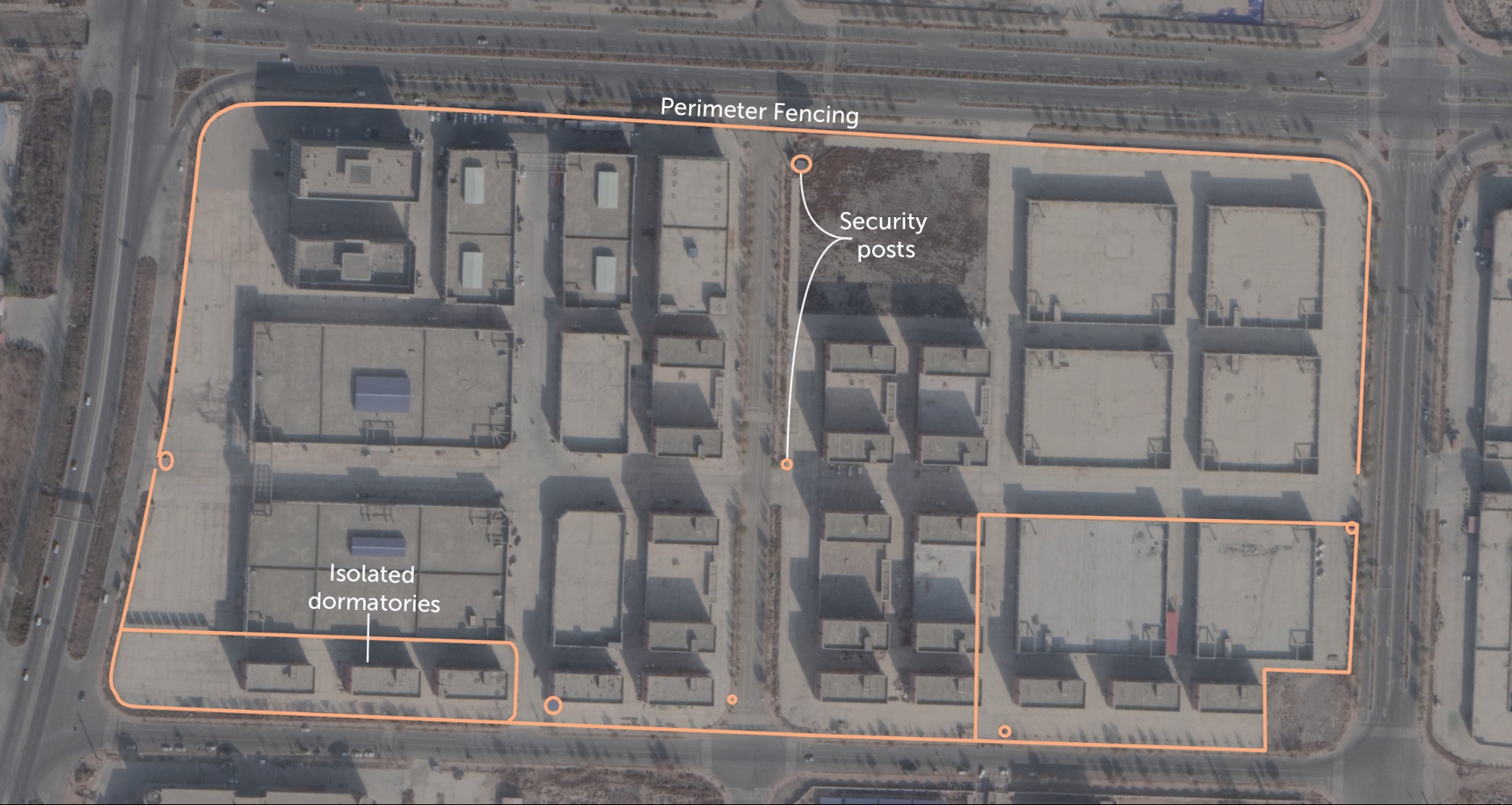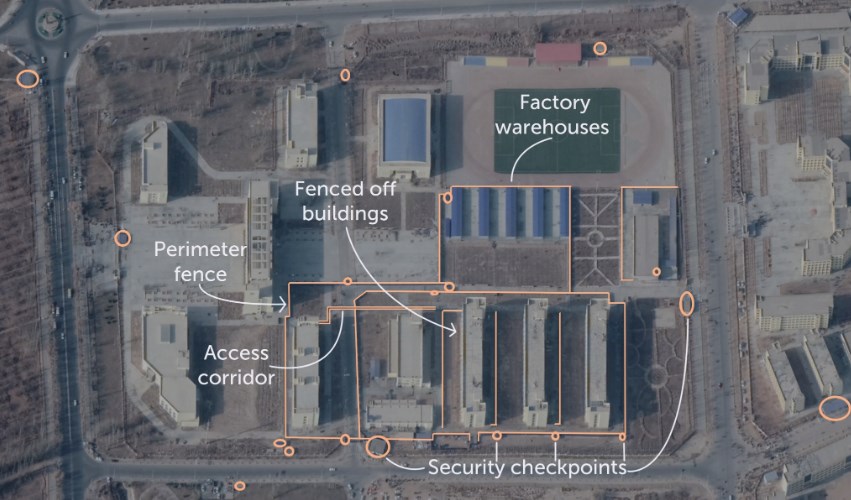By Christophe De Roquefeuil and Adam Plowright
France’s parliament on Thursday denounced a “genocide” by China against its Uyghur Muslim population, in a resolution that risks straining ties between Paris and Beijing two weeks before the Winter Olympics.
The non-binding resolution, adopted with 169 votes in favour and just one against, was proposed by the opposition Socialists in the lower house of parliament but also backed by President Emmanuel Macron’s Republic on the Move (LREM) party.

It says the National Assembly “officially recognises the violence perpetrated by the People’s Republic of China against the Uyghurs as constituting crimes against humanity and genocide”.
It also calls on the French government to undertake “the necessary measures within the international community and in its foreign policy towards the People’s Republic of China” to protect the minority group in the Xinjiang region.
“China is a great power. We love the Chinese people. But we refuse to submit to propaganda from a regime that is banking on our cowardice and our avarice to perpetrate a genocide in plain sight,” Socialist party chief Olivier Faure said.
He recounted testimony to parliament from Uyghur survivors who told of conditions inside internment camps where men and women were unable to lie down in cells, subjected to rape and torture, as well as forced organ transplants.
French MPs were also called to applaud Uyghur refugees who had been invited to observe the parliamentary session.
The resolution follows similar moves last year from parliaments in Britain, Canada and the Netherlands, while the US government has also condemned what it considers genocide in Xinjiang.
China denies genocide or the existence of forced labour camps in Xinjiang and has accused Uyghurs testifying overseas about conditions inside the northwestern region of being paid liars.

The Chinese embassy in Paris called the resolution a “slander and a deliberate stigmatisation of China and a brutal interference in domestic Chinese affairs”, according to a statement on Twitter.
“We are firmly opposed to it and condemn it wholeheartedly.”
The French resolution comes as the European Union weighs how to respond to a Chinese blockade of Lithuania’s exports, as well as Beijing’s crushing of democratic freedoms in Hong Kong.
China ties
Antoine Bondaz, a China specialist at the Paris-based Foundation for Strategic Research think-tank, told AFP that “in terms of the public debate, the French resolution could encourage other parliaments to start discussing this issue”.
He said it might also “increase pressure” on the French government to speak out more, and continue its work behind the scenes to raise the issue at UN and elsewhere.
The French government has declined to term China’s treatment of the Uyghur minority a “genocide”, arguing that it is a legal term that can only be proven with a judicial investigation.
Beijing has turned down repeated requests from the UN High Commission for Human Rights to visit the region to investigate.

President Emmanuel Macron, who has sought to avoid being dragged into increasingly confrontational ties between China and the United States, was asked about the Uyghurs during an appearance before the European parliament on Wednesday.
“France raises this in a very clear fashion in all of our bilateral talks (with Beijing),” he told campaigning MEP Raphael Glucksmann.
He said he was in favour of an EU regulation that would “ban the import of goods that result from forced labour” and supported increasing requirements on European companies operating in China to check supply chains.
Human rights groups say they have found evidence of mass detentions, forced labour, political indoctrination, torture and forced sterilisation in Xinjiang.

After initially denying the existence of the Xinjiang camps, China later defended them as vocational training centres aimed at reducing the appeal of Islamic extremism.
The United States has slapped sanctions on a growing list of Chinese politicians and companies over the treatment of the Uyghurs, leading to tit-for-tat measures from Beijing.
China has also sanctioned European, British and US lawmakers, as well as academics who study Xinjiang and a London law firm.
The only French MP to vote against Thursday’s resolution was Buon Tan from Macron’s LREM, the chairman of a Franco-Chinese “friendship group”.
Support HKFP | Policies & Ethics | Error/typo? | Contact Us | Newsletter | Transparency & Annual Report | Apps
Help safeguard press freedom & keep HKFP free for all readers by supporting our team

LATEST FROM HKFP
HKFP has an impartial stance, transparent funding, and balanced coverage guided by an Ethics Code and Corrections Policy.
Support press freedom & help us surpass 1,000 monthly Patrons: 100% independent, governed by an ethics code & not-for-profit.










